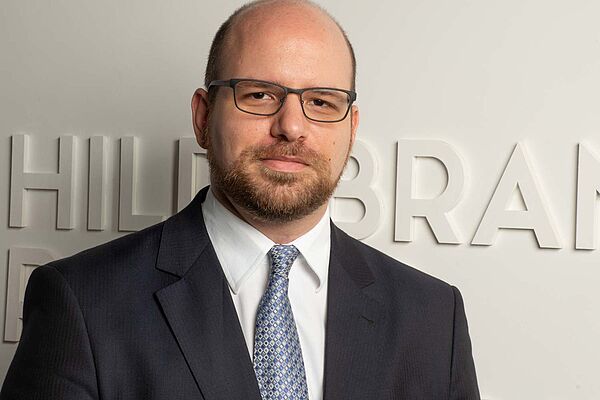Le 20 septembre 2021, M. Leonardo Machado Pontes soutiendra sa thèse sur le thème "Trade Mark Boundaries and Fundamental Rights : a Comparative Approach Between the US and the EU", effectuée sous la direction de Christophe Geiger, Professeur à l'Université de Strasbourg.
La soutenance aura lieu à 17h00 (CET), de manière dématérialisée, compte tenu de la situation sanitaire actuelle.
Veuillez cliquer sur le lien ci-après pour suivre la soutenance en ligne :
https://ceipi-edu.zoom.us/j/96013213449?pwd=VDVVVWtiL1BDdHVtSWVVYnBBZTJVQT09
Membres du jury :
- Lisa RAMSEY, Professeur, Faculté de droit de l'Université de San Diego, États-Unis (rapporteur)
- Martin SENFTLEBEN, Professeur, Institut du droit de l'information (IViR), Université d'Amsterdam, Pays-Bas (rapporteur)
- Allan ROCHA DE SOUZA, Professeur, Université fédérale de Rio de Janeiro, Brésil.
- Andrea HAMANN, Professeur, Université de Strasbourg, France
- Christophe GEIGER, Professeur à l'Université de Strasbourg (directeur de thèse).
Résumé de thèse en anglais :
This thesis compares the boundaries of the US and the EU trade mark law. These boundaries are first defined by considering the expansion of trade mark subject matter, infringement and the nature of the current defences available to third-parties. These boundaries are then considered in light of fundamental rights by rethinking the scope of the subject matter, infringement and trade mark registration practices. The expansion of trade mark protection creates numerous constitutional tensions in relation to the interaction between dilution, confusion, fair use and the Commerce Clause, the First Amendment and the Patent and Copyright Clause in the US Constitution. To the same effect, in the EU, trade marks must be harmonised with other guarantees laid down in the EUCFR and in the ECHR, such as the protection of freedom to conduct a business and freedom of expression. The fundamental rights of freedom of expression and freedom to conduct a business can reinstate the right of traders to the usage of descriptive words, enlarge defences against trade mark infringement and play a crucial role in protecting trade mark parodies. This thesis uncovers still-unknown normative and historical facts regarding the foundations of trade mark law in the nineteenth-century that are relevant to the role of constitutional adjudication today.
